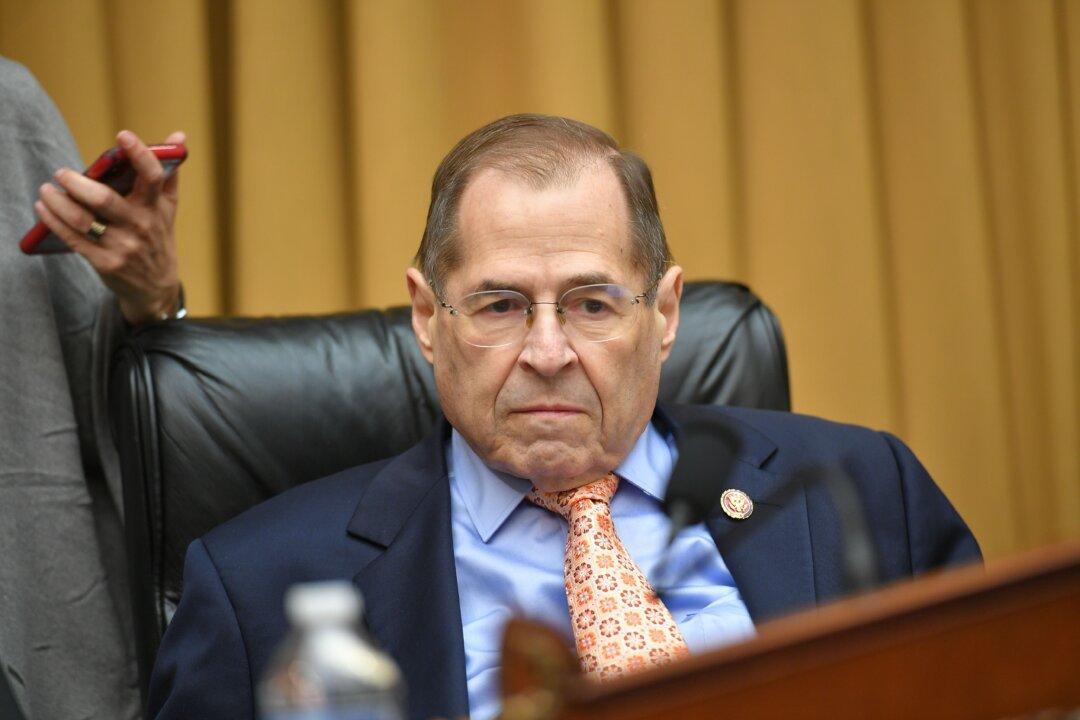The House Judiciary Committee released on Saturday a report that attempts to define what the founders of the Constitution meant in their impeachment clause, days after the Speaker Nancy Pelosi (D-Calif.) asked the committee’s chair to move forward in impeaching President Donald Trump.
The 52-page report, titled “Constitutional Grounds for Presidential Impeachment” (pdf), is meant to act as a guide for impeachment as the committee’s Chairman Jerrold Nadler (D-N.Y.) prepares to draft articles of impeachment against the president.




